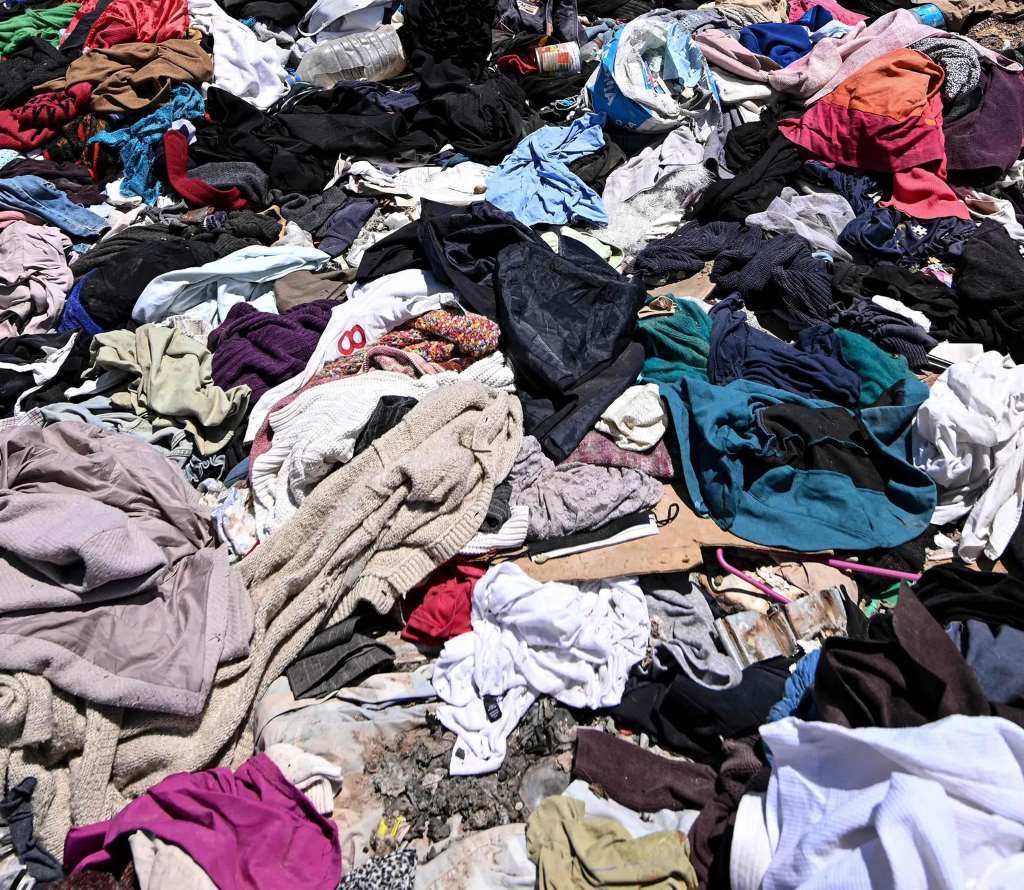
The European Union (EU) has ushered in a new era for sustainable clothing with the implementation of the Corporate Sustainability Due Diligence Directive (EUCSDDD). This legislation, effective in phases starting 2027, will significantly impact the textiles and apparel industry, forcing brands to clean up their act and prioritize environmental and human rights considerations throughout their supply chains.
What does the EUCSDDD entail
The EUCSDDD mandates large companies (with over 1,000 employees and specific turnover thresholds) to conduct thorough due diligence across their operations. This means mapping their entire supply chain, from raw material sourcing to production and distribution, and identifying potential human rights violations and environmental damage. The directive focuses on:
Eradicating human rights abuses: Forced labor, unsafe working conditions, and discrimination are some of the concerns the EUCSDDD aims to address in the garment industry. Companies will be held accountable for ensuring ethical labor practices throughout their supply chains.
Combating environmental impact: The fashion industry is a major contributor to pollution and resource depletion. The EUCSDDD compels brands to identify and mitigate environmental issues such as water pollution from dyeing, excessive waste generation, and greenhouse gas emissions.
Map their supply chains: From raw material sourcing to production and distribution, companies must gain a comprehensive understanding of their operations' impact.
Implement action plans: Companies must demonstrate concrete steps to address identified risks. This could involve partnering with ethical suppliers, adopting sustainable materials, and promoting fair labor practices.
A turning point for the fashion industry
The EUCSDDD is a game-changer for the textiles and apparel sector. And there are several reasons for this. To being with it will increase transparency. Previously opaque supply chains will be exposed, forcing brands to be accountable for their sourcing practices. Consumers can expect greater transparency about the origin and production methods of their clothing.
It will boost sustainable materials and manufacturing as brands will now be incentivized to source sustainable materials like organic cotton and recycled fibers. Additionally, they will need to adopt cleaner production processes to minimize environmental impact.
Improve working conditions as the directive's focus on human rights will lead to better working conditions for garment workers, promoting fair wages, safe working environments, and freedom of association.
While the directive presents challenges, it also offers significant opportunities. Brands that embrace sustainability can gain a competitive edge. Consumers are increasingly demanding ethical and eco-friendly products, and the EUCSDDD can help companies cater to this growing market segment. The phased implementation of the EUCSDDD begins in 2027 with larger companies, giving them time to adapt. However, the directive is expected to have a ripple effect throughout the global fashion industry, as brands worldwide strive to comply with EU regulations to continue selling in the European market.
The EUCSDDD is a positive step towards a more responsible and sustainable future for fashion. It paves the way for a future where ethically produced, environmentally friendly clothing becomes the norm. As the directive unfolds, consumers can expect to see a significant transformation in the way their clothes are made and sourced.












